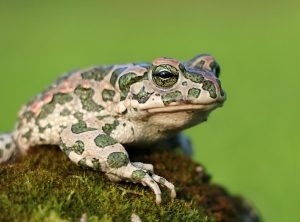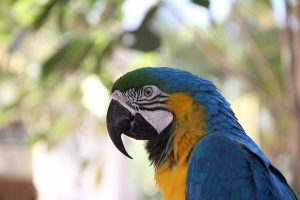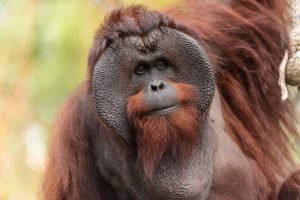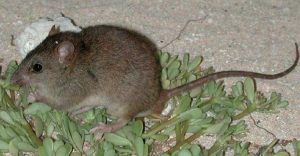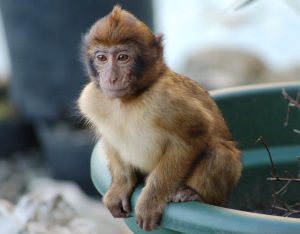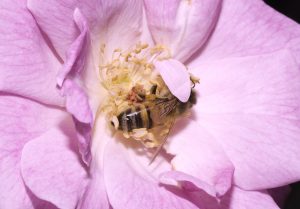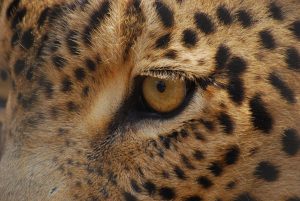Living on the Edge
In the forests many species are forced to live on the edge of their habitat, with a study showing that 90% of tropical amphibian and reptile species are vulnerable to the ‘edge effect’. Scientists are now calling for a new approach to forest conservation and management.

